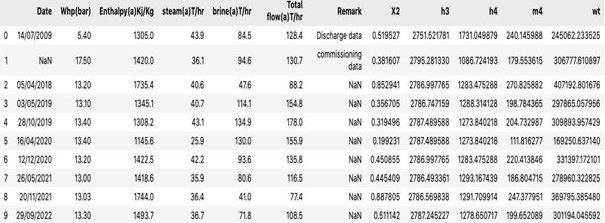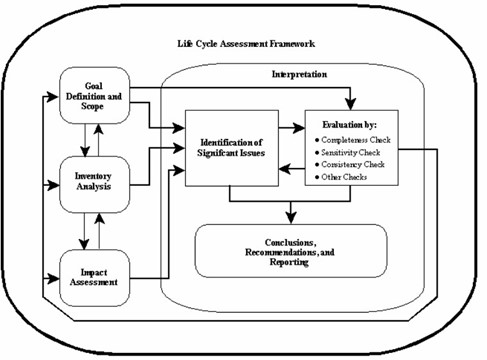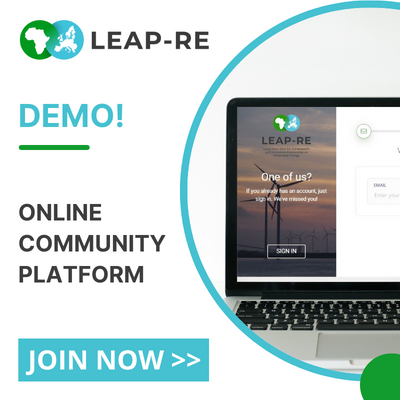As part of the LEAP-RE Portfolio, the project Geothermal Atlas for Africa has developed a strong link between its European and African partners. As the project progresses to map geothermal resources for the development of African electricity production and for water use application, a unique collaboration has grown between UNIFI –the University of Florence (Italy)– and The University of Strathmore (Kenya). The two universities work together on several key aspects of the project to achieve the following objectives:
- To assess possible uses of electricity and heat, with focus on forecasts of African energy development, from literature or other sources.
- To develop simplified thermodynamic models for power plants and other applications.
- To develop and assess metamodels of thermodynamic variables associated with the components of interest in the simplified models, such as work produced by the turbine, heat exchanger.
- To conduct Life Cycle Inventory data collection for mechanical components, geothermal wells and geothermal facilities for the realization of a parametric Life Cycle Impact (LCI) including economic costs for the construction of plants or other facilities needed to use the available geothermal resources.
- To participate in and/or organization capacity building events.
Teams from both organisations underwent training at Strathmore University to grasp the fundamentals of thermodynamic modeling, focusing on its significance in geothermal energy harnessing systems. Subsequent sessions delved into various geothermal technologies, establishing thermodynamic formulas for determining energy utilization points. This process involved detailing extraction and conversion stages, identifying equations for each component, and utilizing data from Kenyan geothermal fields for modeling. Manual calculations, based on well head pressure, mass flow rate, and enthalpy, were compared to known well outputs to validate thermodynamic models. Validated models were then translated into Python code using the pyXsteam library, with automation for handling input data from Excel files. The process was specifically applied to single flash power geothermal plants, and the results are illustrated in Figure 1.

To guide future power plant development, a Life Cycle Assessment (LCA) process is currently ongoing in the project. The LCA process is a systematic, phased approach comprising goal definition and scoping, inventory analysis, impact assessment, and interpretation. The Strathmore-UniFi team, focusing on geothermal power plants in Africa, particularly the Olkaria geothermal field in the Central Kenyan Rift Valley, has progressed through goal definition, scoping (Figure 2), and is 80% through the inventory analysis.
Information requirements, specificity, data organization, and ground rules for the analysis were established, considering cradle-to-grave boundary conditions. This includes GHG emissions from material transportation, construction, operation, and end-of-life. Assumptions were made due to Kenya not manufacturing geothermal plant components, excluding emissions from mineral extraction and processing.
Inventory analysis steps were defined, including a flow diagram and a Life Cycle Inventory data collection plan. Data collection, at 80% completion, covers plant description, well drilling, construction, operation, maintenance, end-of-life, energy-exergy, and electricity and heat production. Heat production data is disregarded since the plant is electricity-only. The team uses questionnaires for delayed responses and adopts assumptions, like zero emissions for undetectable elements.
Data collection ends in October, followed by analysis using OpenLCA software. Regular update meetings include presentations on collected data, and analysis on OpenLCA begins post-data collection.

Moreover, Strathmore University hosted a 3-day training between 7th-8th June, 2023 on geothermal systems, their applications, thermodynamic modelling and project finance. The attendees included: the UNESCO Chair for Climate Change Resilience and Sustainability team at Strathmore university, data science team from iLab Africa Strathmore University, Strathmore Business School(SBS), Netherlands organisation for Applied Scientific Research (TNO),GIZ Kenya, Strathmore Energy Research Centre (SERC), Geothermal Development Company (GDC), Kenya Electricity Generating Company(KENGEN), Technical University of Kenya (TUK) and students from the Master of Science in Sustainable Energy Transitions Strathmore University (MSSET). The training introduced the team that is working on the project to geothermal systems and modelling. It also equipped the participants with knowledge and skills needed to effectively structure and manage financial arrangements for successful project implementation.




